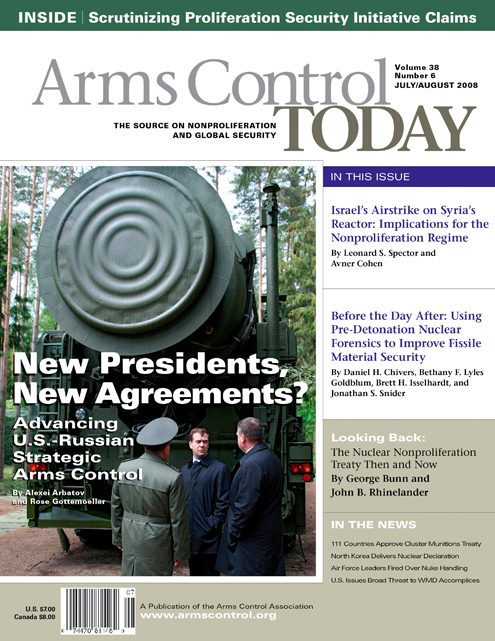"I greatly appreciate your very swift response, and your organization's work in general. It's a terrific source of authoritative information."
July/August 2008
Edition Date
Cover Image

Authored by on August 7, 2008
Authored by on August 7, 2008
Authored by on August 7, 2008
Authored by on August 7, 2008
Authored by on August 7, 2008
Authored by on August 7, 2008
Authored by on August 7, 2008
Authored by on July 8, 2008
Authored by on July 2, 2008
